There was an uncontained joy in the environment and very special energy. It was the first time in a long time that exhibitors participating in Organic Food Iberia left their virtual bubble to participate in a brick-and-mortar fair. Those fairs in which samples of wine and ham, are truly appreciated and networking is done in the old way: face to face. And I soaked up all these good vibrations instantly as soon as I crossed the threshold of pavilion 8 at IFEMA.
I had not heard of this exhibition until I received the invitation and searching for information about it, I understood why. It is a young fair, the first edition took place in 2019, which saw its steps truncated last year due to pandemic restrictions.
Organic Food Iberia is an international fair, organized by Diversified Communications UK in collaboration with IFEMA, and is also held in Australia, Sweden, and England. Currently, Spain is booming with organic agriculture and food production, so it was logical that it would have its event.
In fact, according to data from the organizers, Spain currently cultivates 2 million hectares of organic crops, the largest area in Europe and it is the fourth largest producer in the world. The consumption of organic products in Spain grew by 20% last year and we are already reaching the levels of other countries in the north of the European continent.
Spain currently cultivates 2 million hectares of organic crops, the largest area in Europe
In a fair of this type, the best thing is to walk and let yourself be carried away by your intuition, and this is what I did. In this time, I started in reverse mode, when my interest made me begin first with dessert and stop at the ice cream stand of the Runakay company, a pioneer in the production of artisanal and vegan ice cream. I have to say that the name is not the most accurate part of the product, since it is not very catchy and reminds you of a sports store, but the ice cream was delicious.
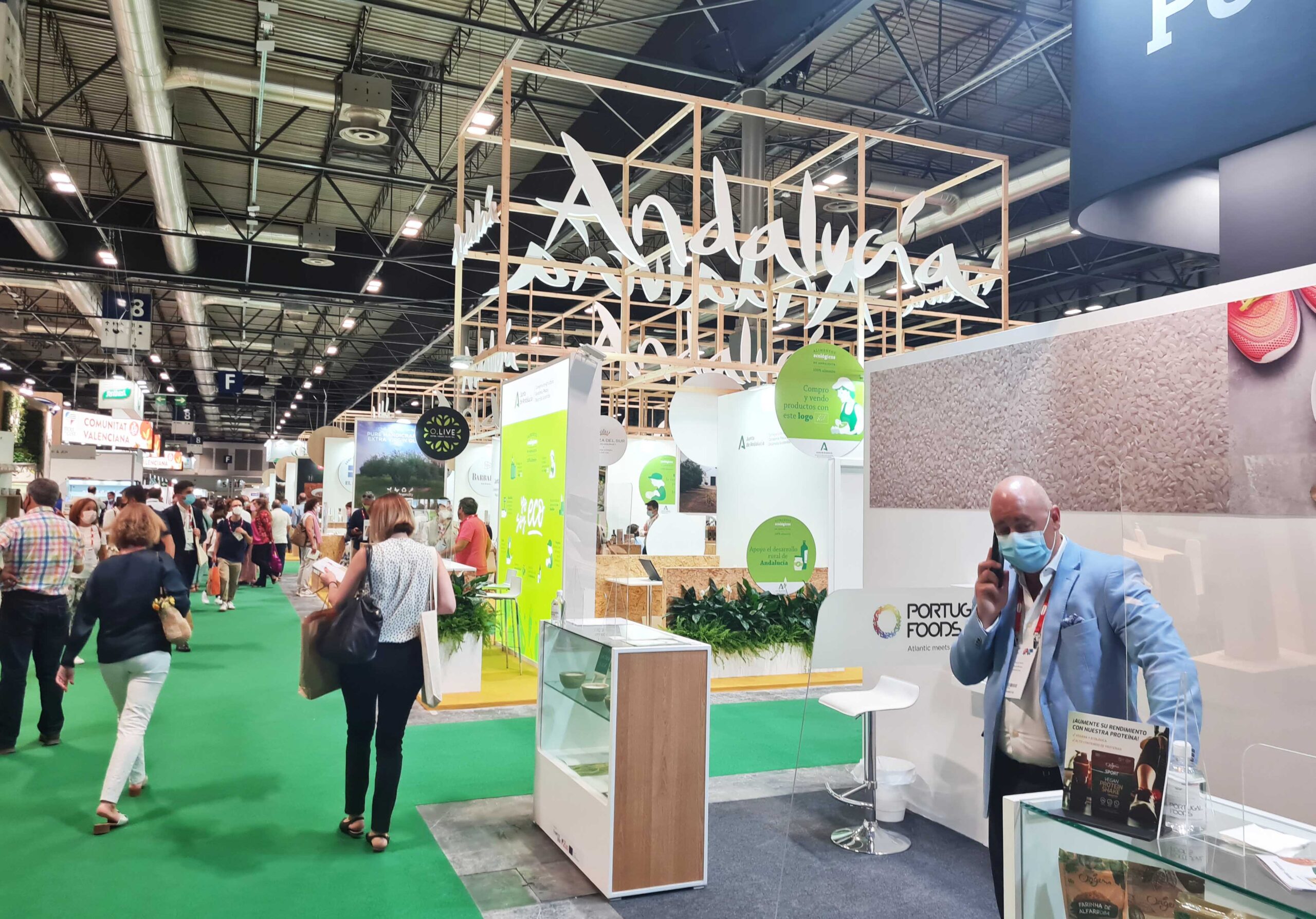
I was very kindly attended by Manuel Sanchez, the company’s delegate in Madrid, who gave me a taste of the mango sorbet, very rich, and the horchata with stracciatella that won my heart because it combines two of my favorite flavors. Luckily, I already can find it in Madrid so from now on it is included in my shopping basket.
Then I came across an interesting corner designated to “do a wine tasting yourself”, with a selection of organic wines. The most interesting of them was Granza Crianza 2015, made with Tinta de Toro grape by the Cyan winery from Matarromera group.
The DO Jumilla has played a prominent role in this fair, with a stand entirely dedicated to its wines. The answer is that its geographical conditions, in transition between the Mediterranean climate and La Mancha plains and its remarkable altitude, between 320 and 900 meters, and the climatic conditions give their vines a natural resistance to various pests, making it a perfect enclave for the production of organic wine. Currently, 70% of the wine produced in Jumilla is organic. A good example is Numun, from bodegas BSI.
My next stop was Dehesa de Luna winery, also located in the Albacete area. I must admit that I was attracted by the smell of the Iberico ham tasting. But this farm is much more than ham. Located in a unique enclave surrounded by 2,800 hectares of nature, it has been creating organic wines for 15 years from its centuries-old vineyards and protecting the fauna and flora that surround it.
Taking a break from wine, I came across a drink more unknown in Spain and full of healthy properties. Ginger beer, which is different from its companion ginger ale. Ginger beer is produced by fermentation like traditional beer. In California, ginger is a more than familiar spice, and an artisanal and fair-trade company from there, The Ginger People, has finally just arrived in Spain. In addition to this drink, they sell too really interesting products, such as ginger syrup, ideal for preparing healthy pancakes with a zen flair.
A farm as unique as Dehesa el Milagro requires a special mention. Behind a company with such a suggestive name is Blanca Entrecanales Domecq, who a little more than a decade ago turned a mix between dreams, utopia, and the search for a quiet life in what is now an established but innovative company. The project for this ecological farm was born in Alcañizo (Toledo) to treat Nature with the utmost respect so she, in return, returns us healthy products of the highest quality. On the farm, they try to be self-sufficient to the maximum through a closed production cycle in which the cattle are fed with their pastures and in which seasonal products are respected to the maximum.
The intention of its creator was also to make consumers participate in the excellence produced by the land. For this reason, its objective was to eliminate intermediaries in the distribution chain, and therefore its products can be purchased online. Their latest launches are a line of products already prepared such as meat for tacos, very rich, and also an ecological stuffed chicken with which they won the award for the best innovative product. We will have to have it on the radar for the festivities to come.
I still had two interesting stops to finish my tour of Organic Food Iberia. The ecological preserves Monjardin, a family business on the Navarra riverbank that has been producing quality products for more than 50 years. and another of my favorite products and which is now starting to hit the ground running in Spain: kombucha.
The first company in the country to make them by hand is Mun Ferments, created by Jordi Dalmau in Mataró in 2015. Kombucha, a common drink in yoga studios in the western United States, is a probiotic fermented drink made from green tea that improves intestinal flora and promotes the detoxification of the organism, and is also a guilty free soft drink since its composition of sugars and alcohol is very low.
In short, a very interesting route that combines tradition and innovation. Because they are not only compatible. They are a combination of success.



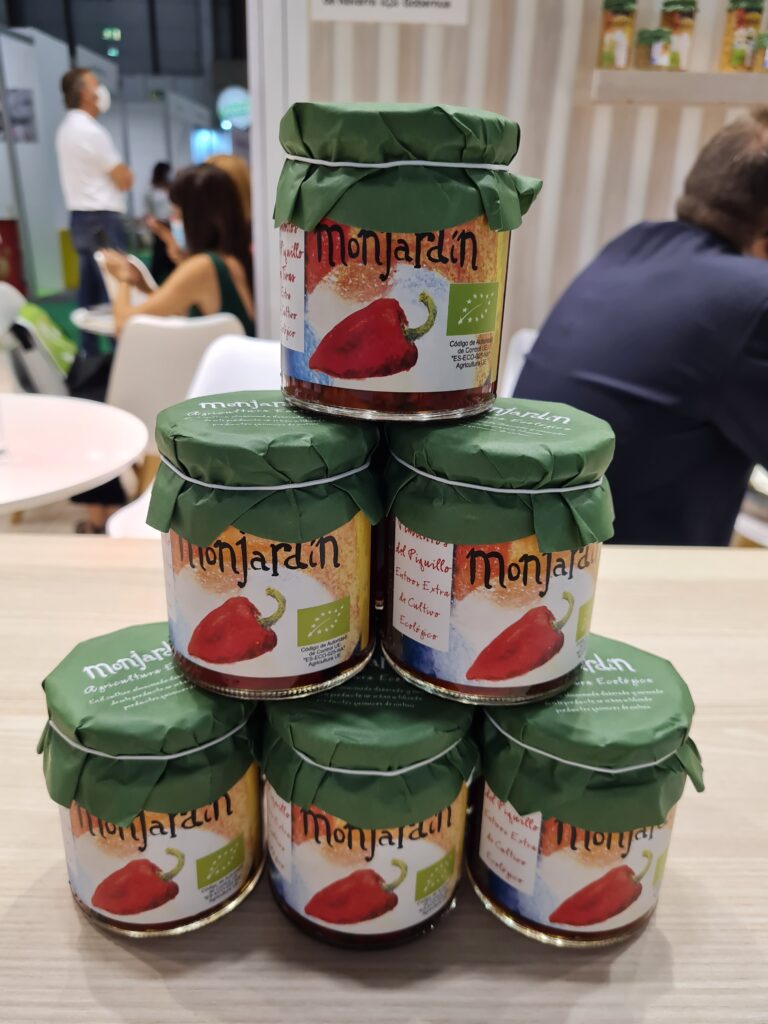
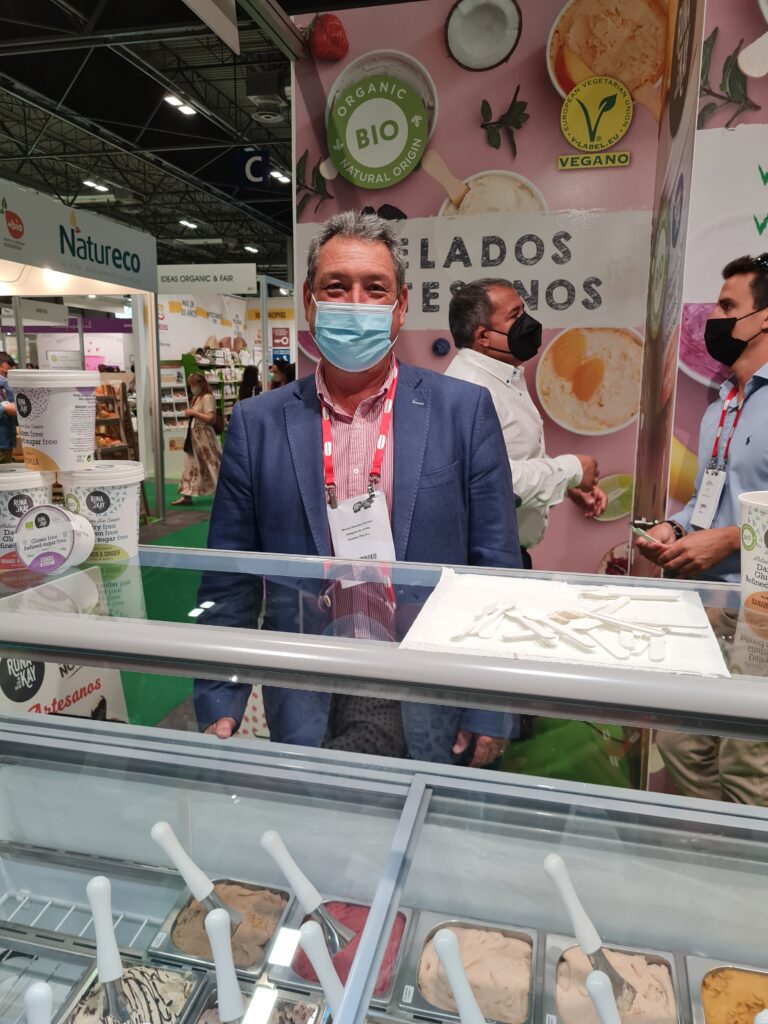
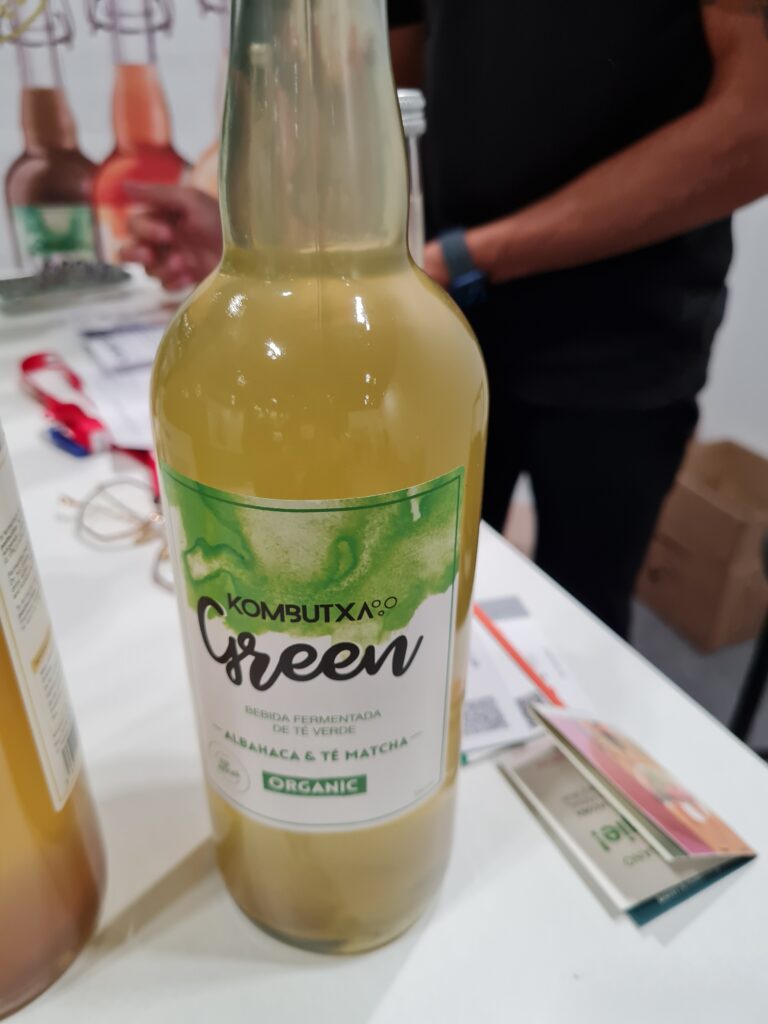
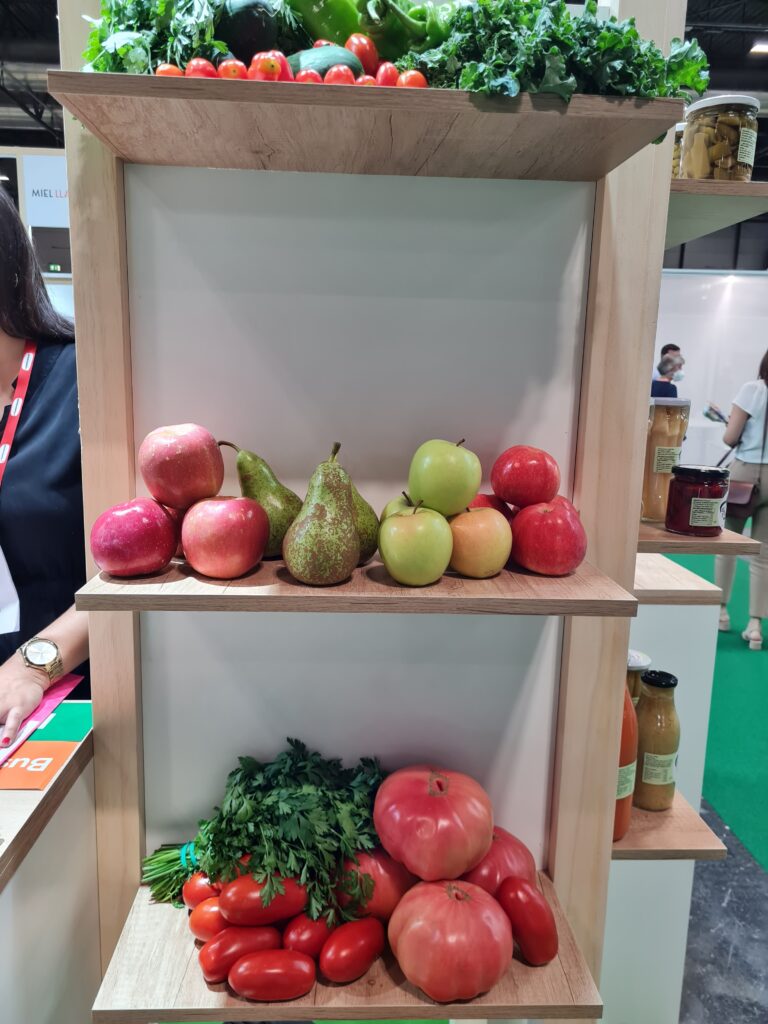
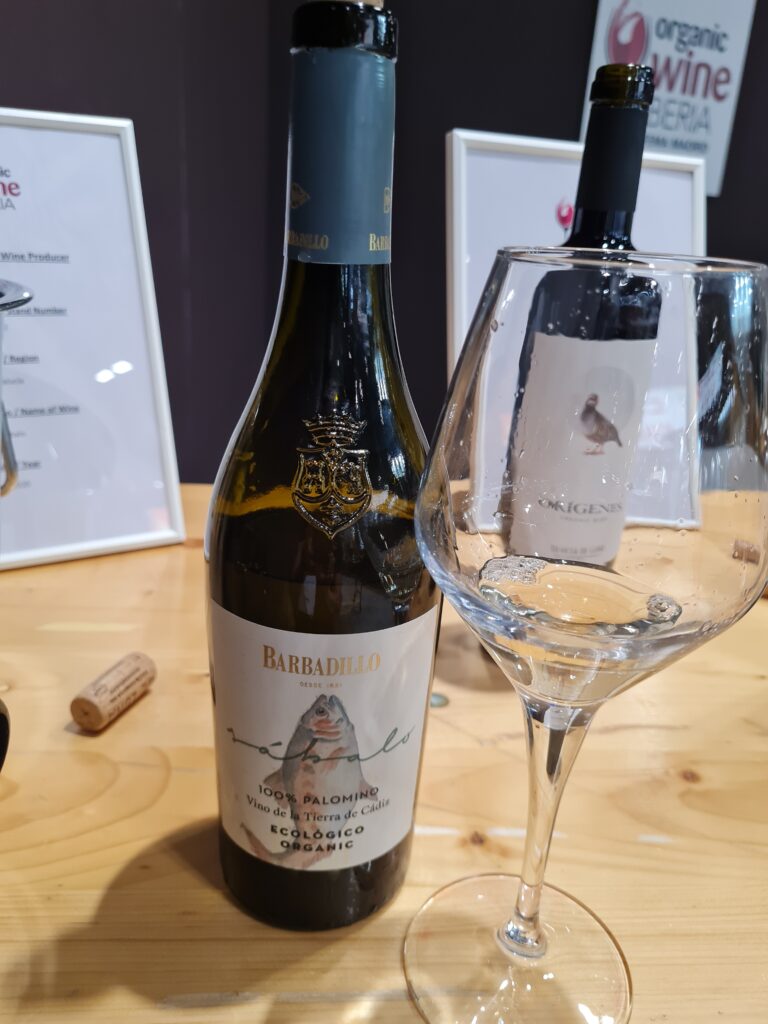
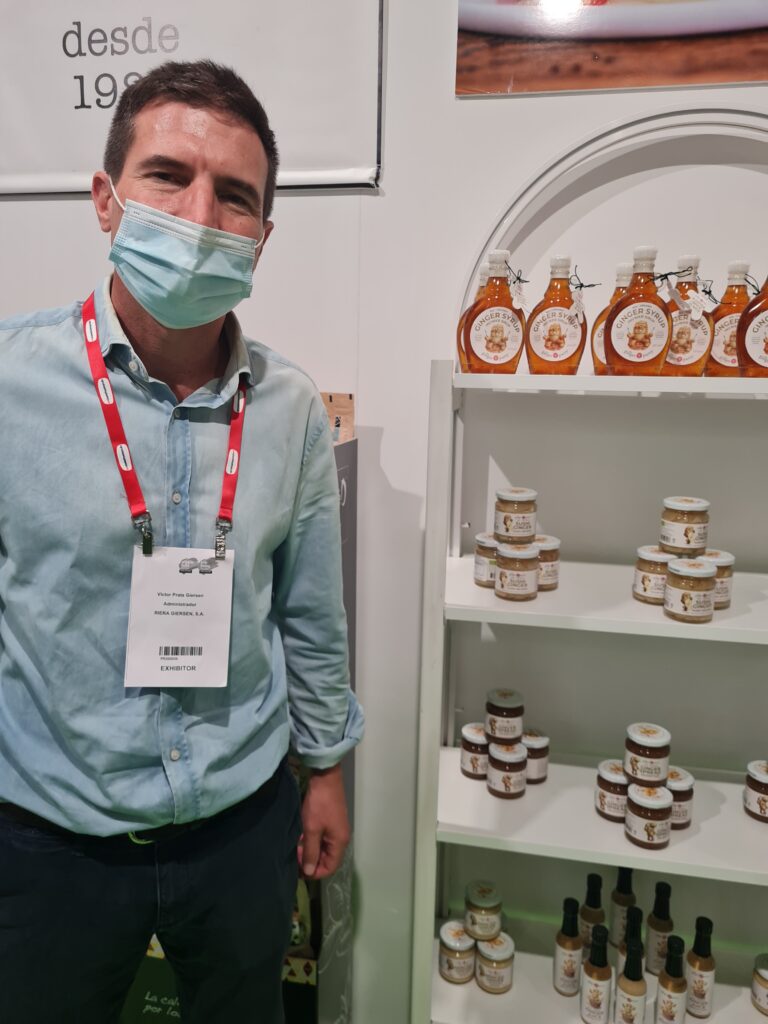
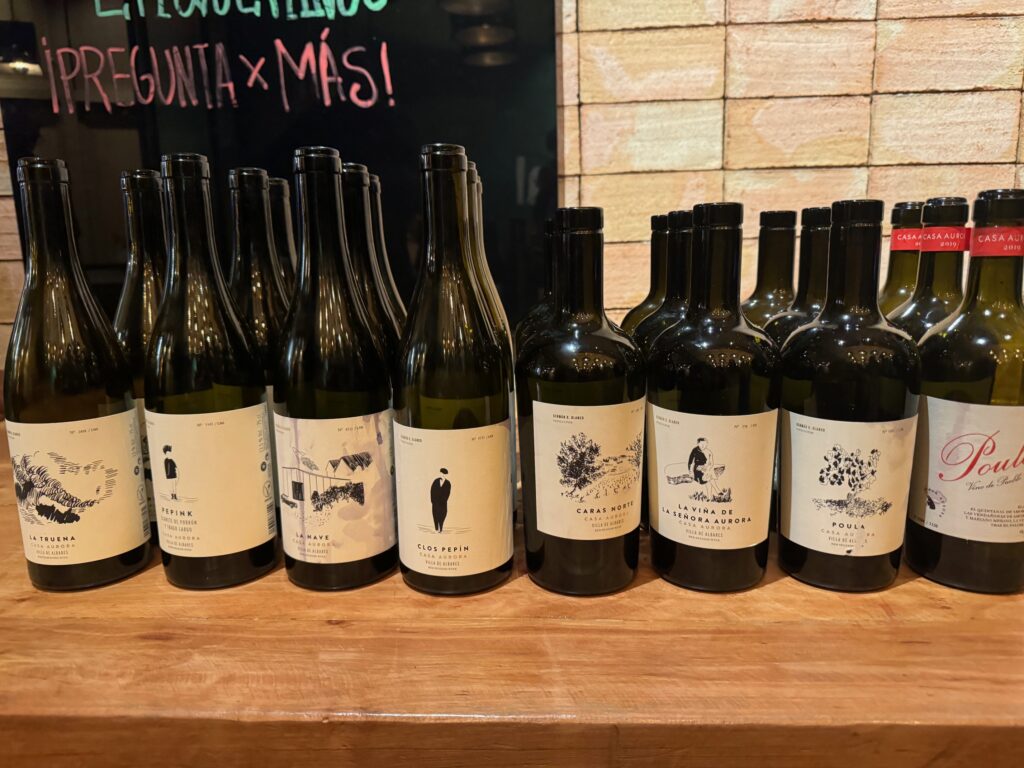
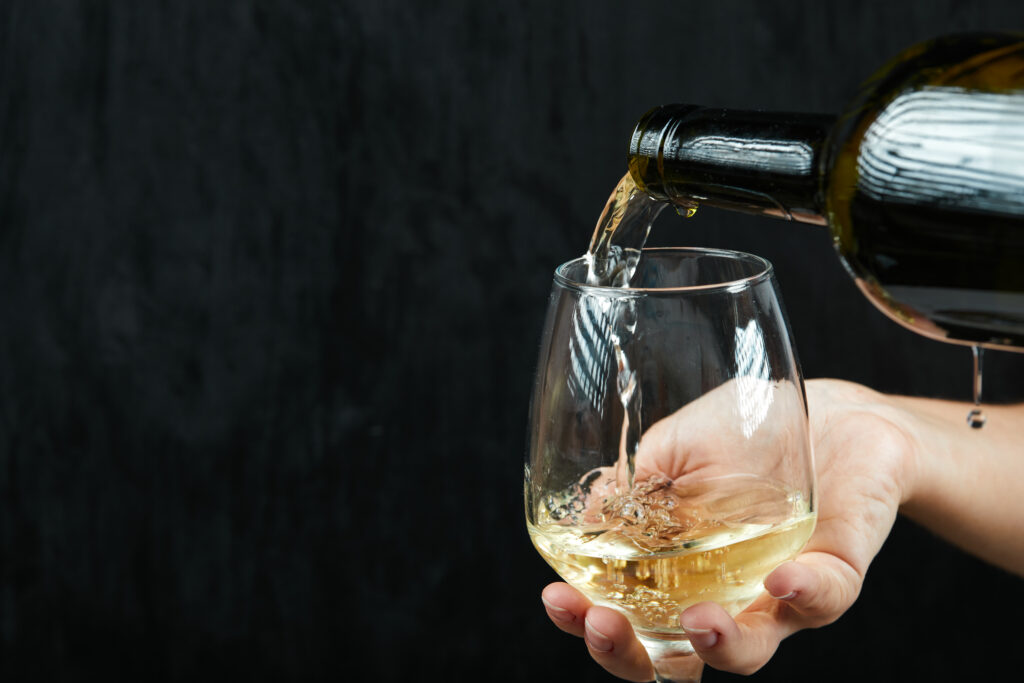
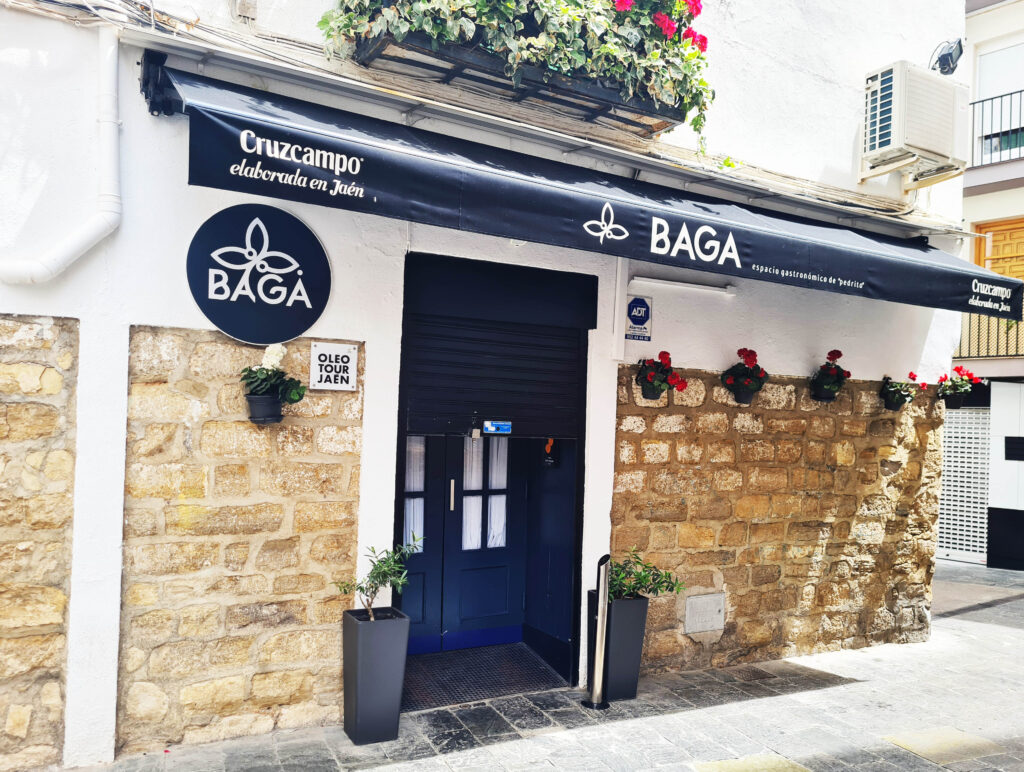
0 Comments